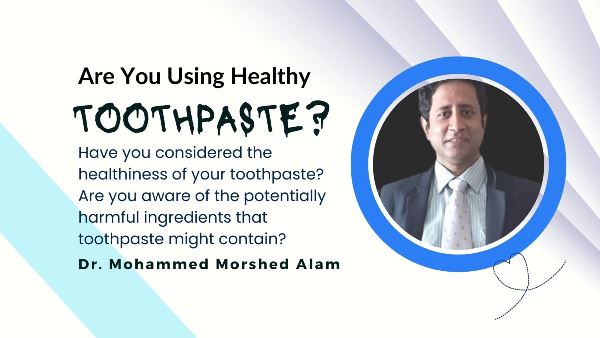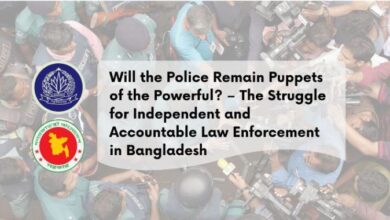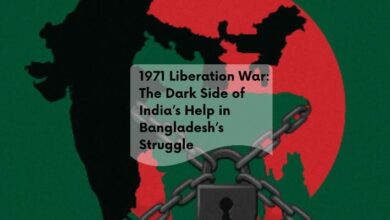Is Bangladesh’s Mafia Economy Still in Mafia Hands?
The Mafia Economy in Bangladesh reveals deep corruption, shadow networks, and their grip on industries, politics, and public trust.

“Mafia economy” is no longer a joke in Bangladesh. It touches grocery bags, bank accounts, and even the minds of voters. The July uprising brought changes. Dollar markets stabilized, banks faced tighter audits, and anti–money laundering task forces appeared.
But one critical question remains: Can these improvements last?
The Real Meaning of Mafia Economy
Mafia here means more than extortion or gunmen. It describes a system where politics, bureaucracy, and big business share interests. Policies serve a few, not the public. Small entrepreneurs struggle, while powerful firms enjoy easy profits. Rules exist, but enforcement depends on connections.
The Grip on Finance
The mafia economy strikes hardest at banks and financial institutions. Individuals control multiple banks through loyal directors. Loans go to insiders. Collateral values get inflated. Money circulates under false names and crosses borders illegally. Ordinary citizens pay the price with rising food costs and shrinking savings.
Politics and Crony Capitalism
Elections need money. Political power later demands returns. Regulators exist but lack teeth. Committees meet, reports come, and then silence follows. To break this cycle, Bangladesh needs independent investigations, fast trials, and political neutrality.
Lessons from Abroad
Critics argue strict crackdowns hurt the economy. In reality, breaking cartels brings mid-term gains.
Italy shows the way: seized mafia assets revived local economies when used for productive purposes.
Policy Challenges for Bangladesh
Bangladesh now faces two key challenges. First, demand transparency in ownership and ban hidden control of banks or companies. Second, apply staged enforcement: audit, forensic review, and then resolution. Save institutions where possible with new management. Shut down hopeless ones, but protect workers first.
Legal Loopholes
Overlapping banking, company, and securities laws create gray zones. Cronies exploit them easily.
A joint regulatory task force must share data, investigate suspects, and enforce deadlines together.
Special tribunals can speed up cases, but independence is essential.
Breaking Price Cartels
A few big players dominate poultry, cement, and steel markets. They coordinate prices, hurting consumers and small businesses. The Competition Commission must get stronger tools: dawn raids, leniency policies, and efficiency tests.
Stop the Money Trail
Money laundering thrives because agencies work separately. Customs, banks, and tax authorities must link data. Real estate, jewelry, and currency exchanges should follow strict KYC rules. Opening procurement data to the public will reduce kickbacks and save government spending.
Workers Must Not Pay the Price
Factory closures hit workers first. They lose jobs when enforcement begins. The government, business associations, and donors must create transition funds, short training courses, and reemployment incentives. These cushions reduce political backlash and keep reforms alive.
Civil Society and Education
Journalists need protection to investigate corruption. Universities must train future managers in compliance and ethics. Only education can change the culture of shortcuts that fuels corruption.
Restoring Migrant Trust
Migrant workers send billions home. They need confidence in formal channels. Competitive exchange rates, transparent diaspora bonds, and digital platforms can rebuild trust. At the same time, legalizing undisclosed money should remain a one-time option, never a routine.
Who Enables the Mafia Economy?
Mafia networks cannot survive alone. They thrive because enablers allow them.
So reforms must punish both actors and facilitators. Banning anonymous ownership and ensuring transparent political financing are crucial steps.
A Long Race, Not a Sprint
Bangladesh’s economy has entered a marathon. Early disruptions are unavoidable, but rules must stay clear and fair. If laws remain transparent, competition grows, and seized assets serve the public, growth will return stronger. Then, “mafia economy” will become only a lesson from history—not a fear of the present.





